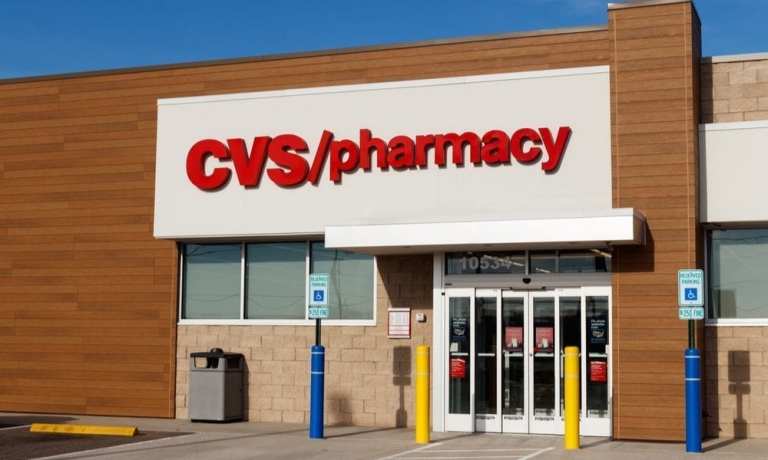CVS Teams With Companies To Hire 50,000 Displaced Workers

CVS is making strides to help re-employ the huge chunks of U.S. workers left jobless as the coronavirus shut everything down, and it intends to fill 50,000 positions by using the industries hit the hardest by layoffs, according to The Wall Street Journal.
To do this, Jeff Lackey, chief recruiter, reached out to officials with airlines, hotels and retailers that have had to furlough people in the last month as the virus took its toll. Gap, Hilton and Delta Airlines have been some of CVS’s prominent partners in this initiative.
It seems to be working; over 900,000 people applied to work at CVS in recent days, clamoring for everything from warehouse jobs and retail work to answering the phones at corporate headquarters. Some applicants would be stepping in for sick or quarantined CVS employees.
The shift to re-employ workers who have lost their jobs has been one of the quickest in postwar U.S. history, seeing some jumping to new positions within their old companies. Others are being re-routed to other companies through strategic partnerships that would have been thought of as alien in the fierce competitive nature of the U.S. work sphere.
Lackey said he was glad the company had found allies, adding that the only enemy right now is the coronavirus.
In their ambitious new project, CVS crafted new websites for affiliates to help shorten the hiring process down to just a day or two. That jettisoned the numbers up to 500 percent more than a usual day for the company, overloading the system for a period.
The concern now will be how to expedite the process of acclimating these workers to new positions, training them if necessary, at a much faster pace than the usual slow corporate process.
Gap has encouraged employees to make the move to work for available jobs like CVS, and Meghan Kelly, head of global talent acquisition for Gap, said she hoped many employees would return to their old jobs when it was safe to do so.
The mood of workers in this new undertaking has been mixed; some say the prospective new jobs are causing anxiety as they could be closer to people more often, and others are satisfied in taking on an essential job during the crisis.